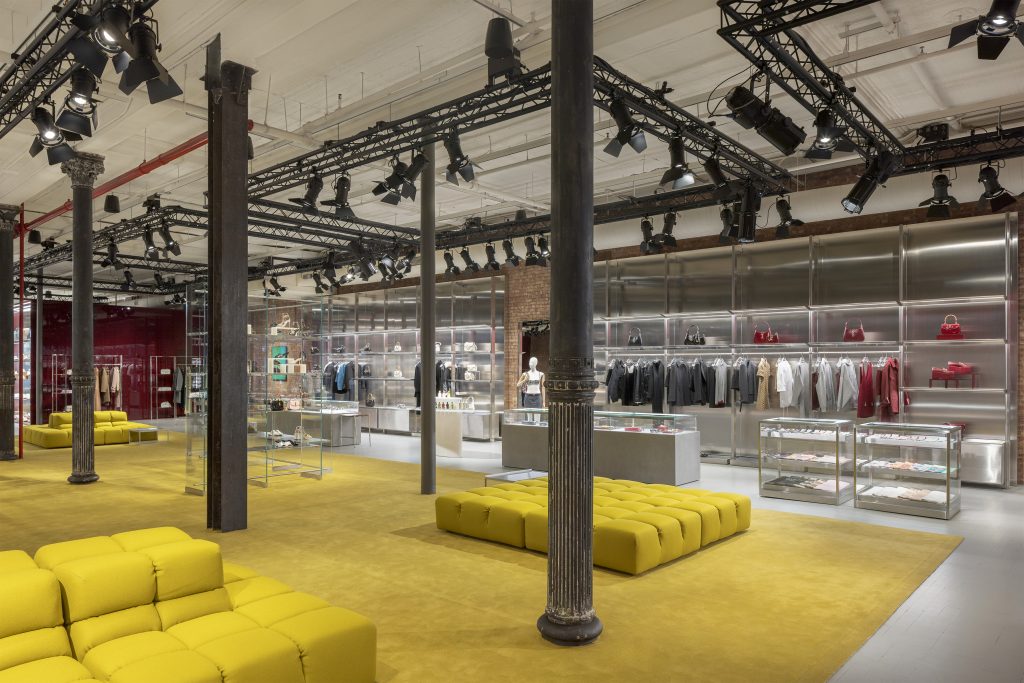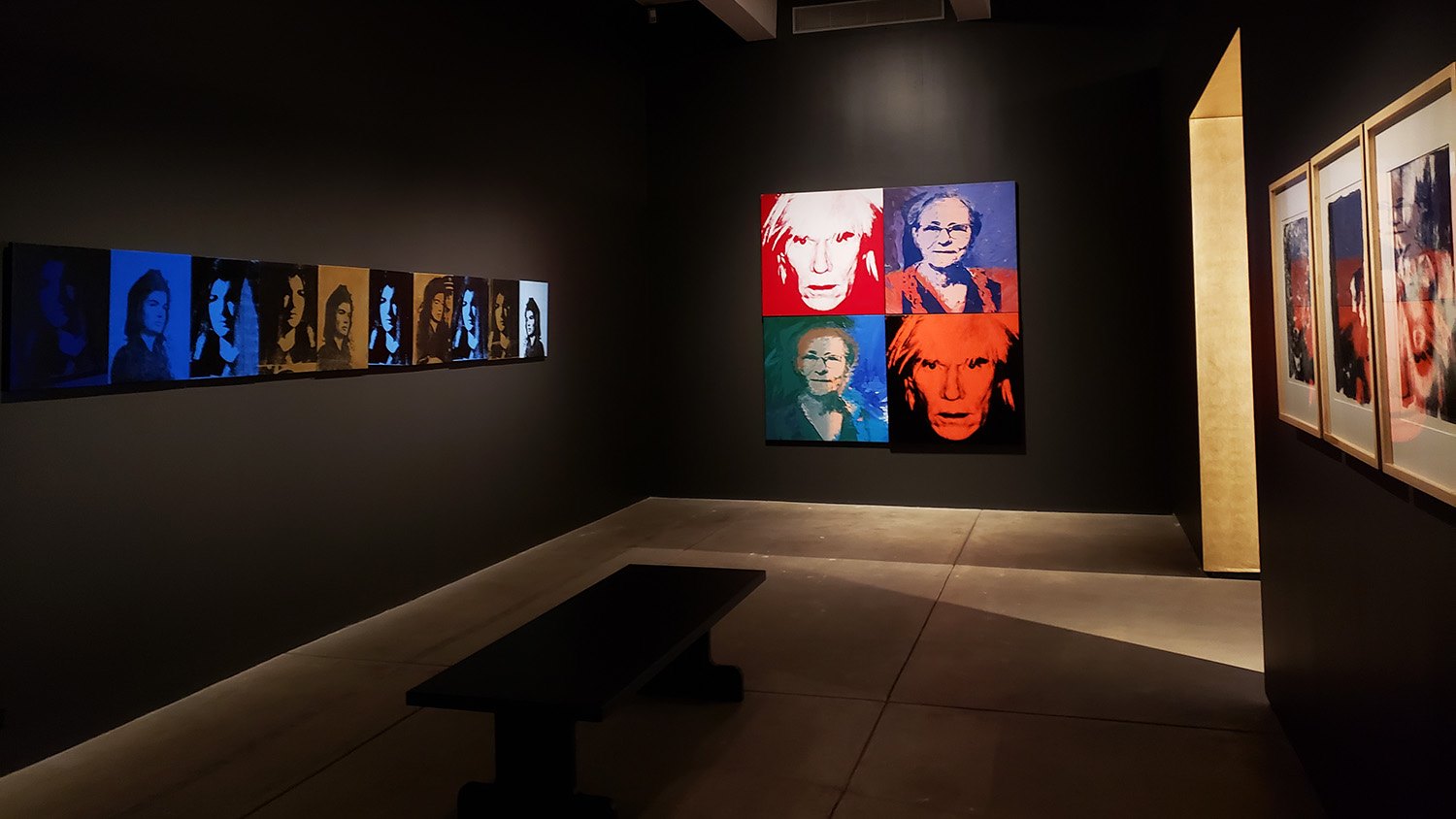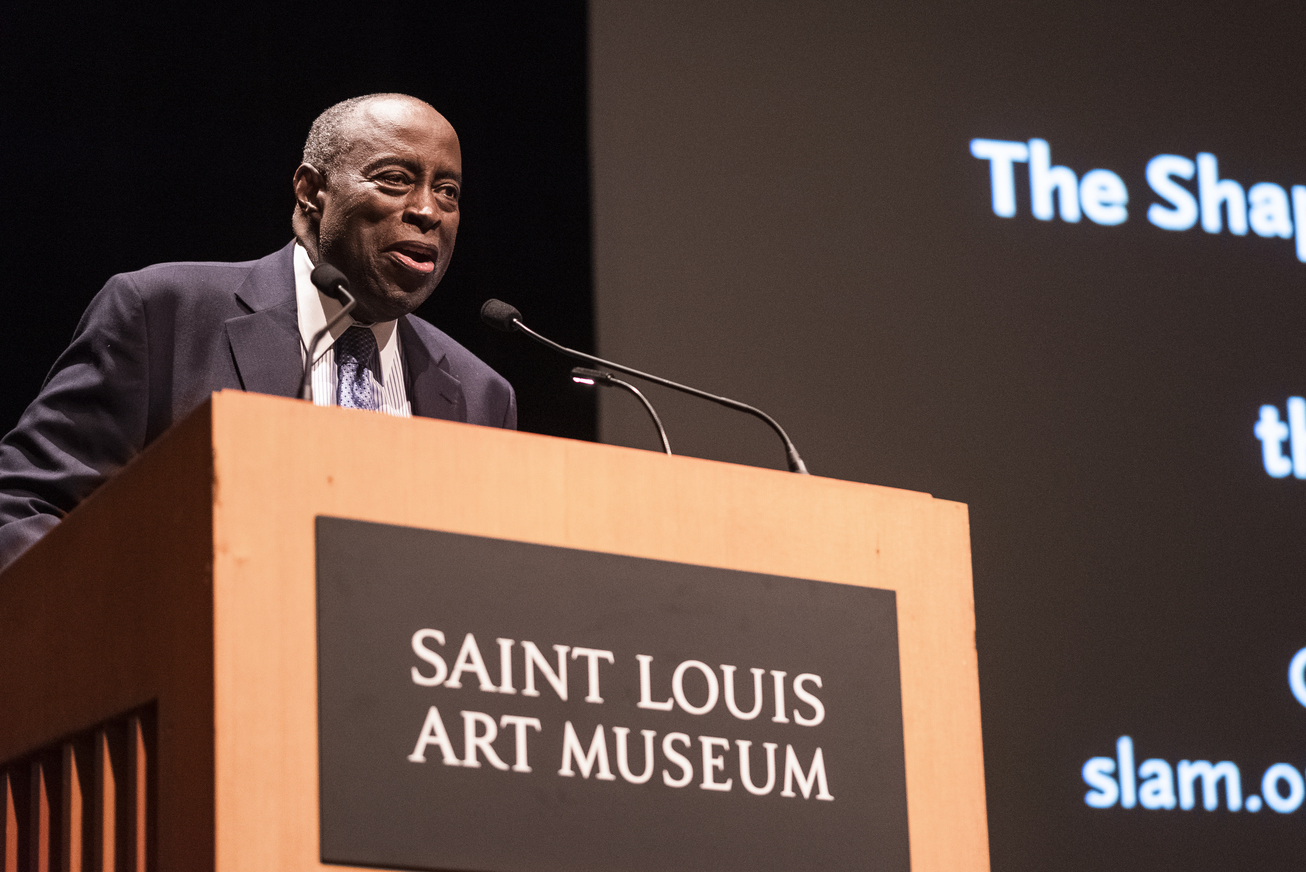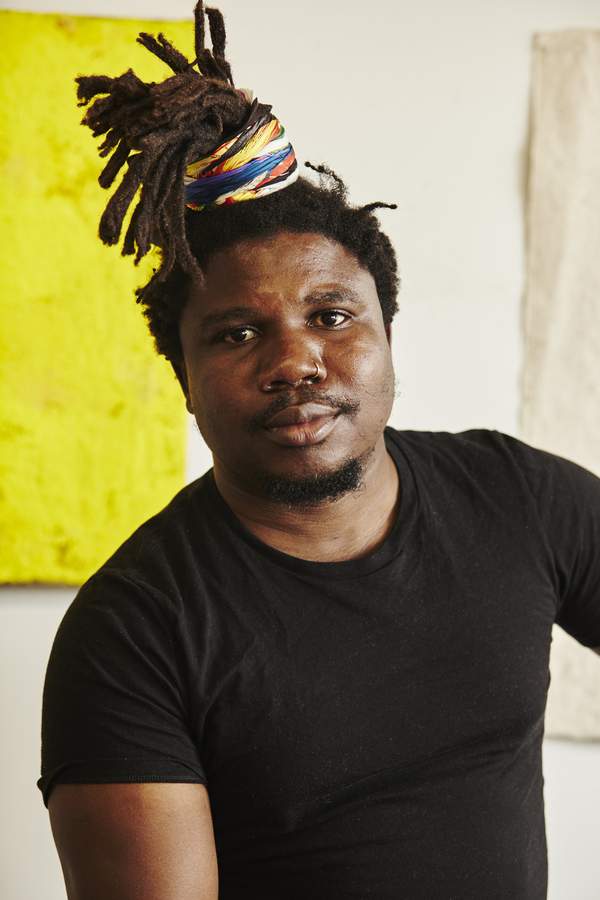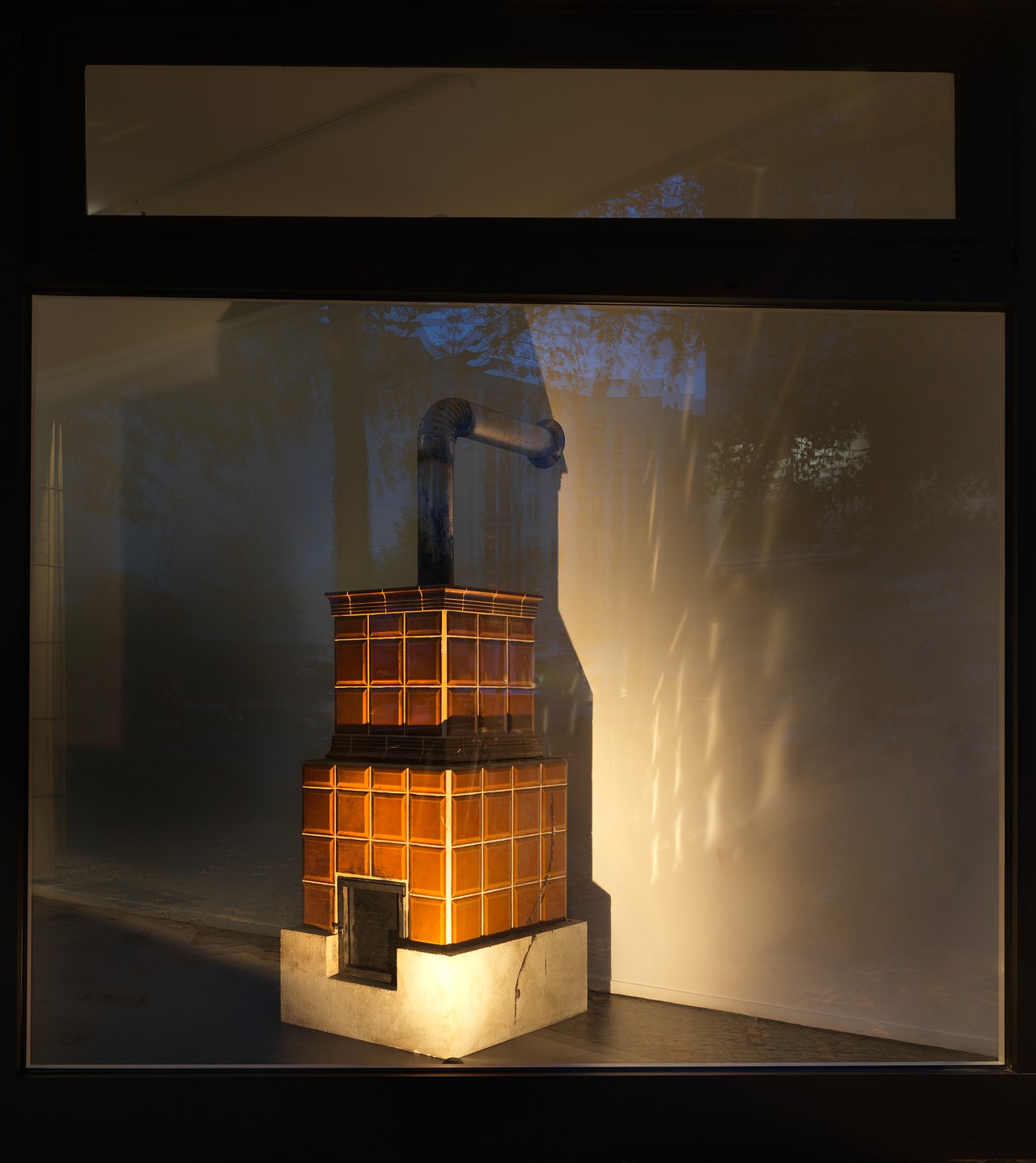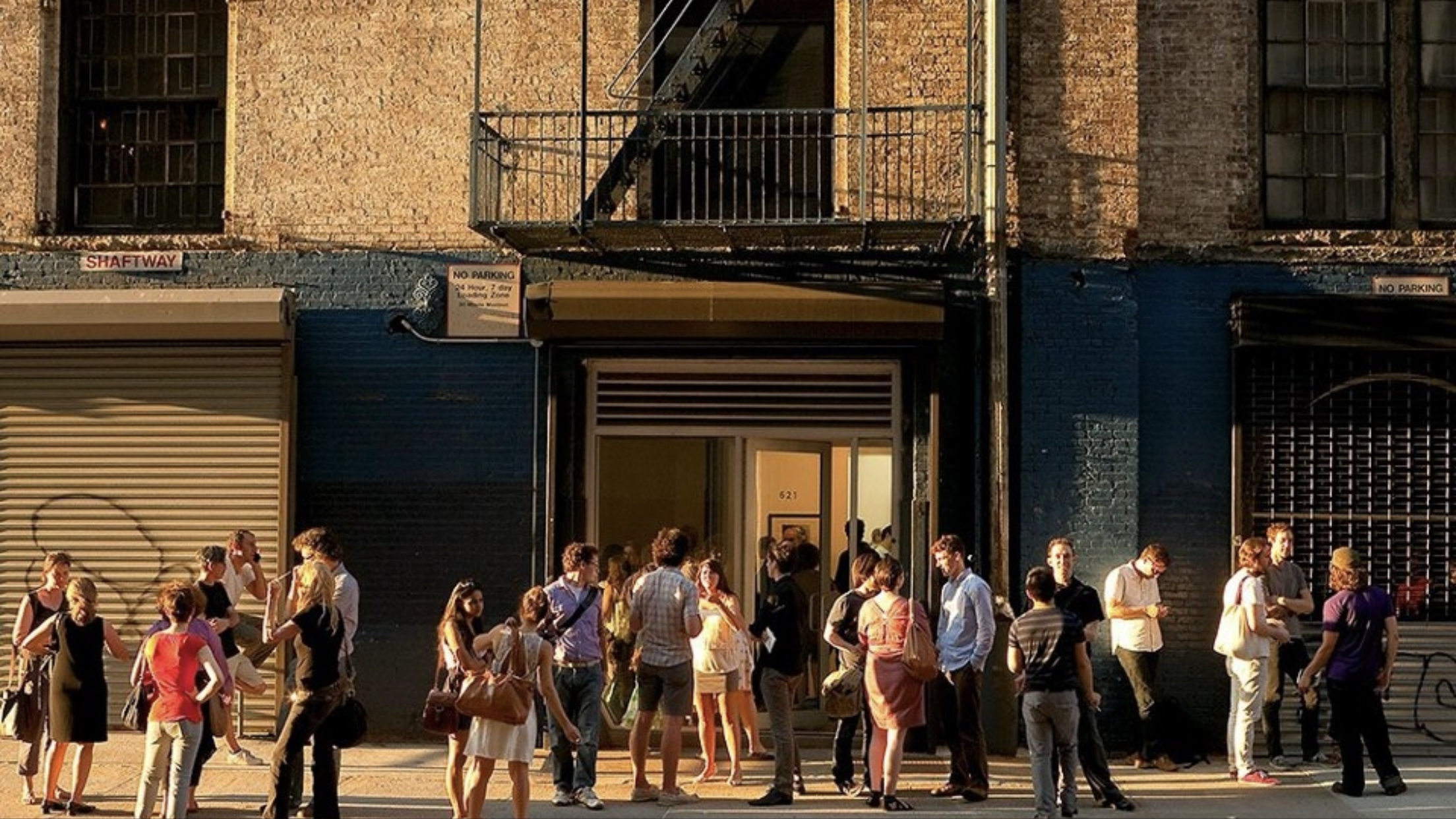Canoas
2010 - Film & Video (Film & Video)
13:30 minutes
Tamar Guimarães
Canoas by Tamar Guimarães is a film made for the 2010 São Paulo biennial as an exercise in the projection of national identity. The main subject and setting of the film is Casa das Canoas, the home that architect Oscar Niemeyer built for himself in the early 1950s. Overlooking the bay on the outskirts of Rio de Janeiro, the building has achieved iconic status in Brazil. Although a private residence, it served as an important site for cultural gatherings of Brazil’s elite and international guests. Canoas restages a glamorous cocktail party with actors and non-actors at the residence in which dancing and drinking punctuate conversations about modernity, social housing, political dictatorship, and artistic exile. Framing the festivities is the movement and interaction of servants as they prepare for the party and then leave for their own homes in the morning. And it is in these small transitional moments that Guimarães’s work is most critical. The film speaks directly to the contradictions inherent in the famed architect’s creation and the failed promise of modernity as expressed by the disparity between the labor and leisure classes. Intended as a space that was for the people and a better future, the conditions and context that produced Niemeyer’s building also further entrenched the social and class divisions in Brazil.
Tamar Guimarães explores the history of modernism, colonialism, and shamanism in Latin America through a manifold practice of film, video, sound, sculpture, and installation work. Using ethno-fiction and collectivist models, often working with non-actors and employing discursive forms of research, her films call into question political histories as they concern the real and the present.
Colors:
Related works sharing similar palette

© » KADIST
Subas Tamang
2020Study of History VI by Subas Tamang is an etching and aquatint print based on photographs taken by German photographer Volkmar Wentzel in 1949...

© » ARTSY
10 Emerging Galleries to Watch in Foundations | Artsy Skip to Main Content Art Market 10 Emerging Galleries to Watch in Foundations Maxwell Rabb Jan 25, 2024 5:31PM The second iteration of Foundations , Artsy’s online art fair, brings together more than 130 galleries from 36 countries, showcasing a diverse array of emerging talent in the digital art market...

© » KADIST
Olga Grotova
2022Our Grandmothers’ Gardens by Olga Grotova is based on the history of Soviet allotment gardens, which were small plots of land distributed amongst the families of factory workers to compensate for poor food supply in a country that was over-producing weapons...

© » KADIST
Sawangwongse Yawnghwe
202122022021, Yawnghwe Office in Exile by Sawangwongse Yawnghwe belongs to a body of work made in response to the Myanmar military coup that began in February 2021...
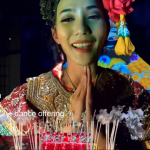
© » ARTS EQUATOR
Performance Making during a Pandemic: Of Innovation, Form and Embeddedness | ArtsEquator Thinking and Talking about Arts and Culture in Southeast Asia ArtsEquator Viewpoints Kornkarn Rungsawang September 29, 2021 By Adriana Nordin Manan (1,000 words, 3-minute read) If arts panel discussions are meant to reflect the times, “Critical Responses to Performance-Making in A Post-Pandemic World” positioned itself well: at this stage of the pandemic, it was less about open-ended contemplation of how the performing arts can retain vitality amidst the prohibitive circumstances, and more about sharing examples of performances that exemplify the act of moving ahead despite the barriers...

© » ARTS EQUATOR
Pandemic in the Philippines: A cultural sector on its own | ArtsEquator Thinking and Talking about Arts and Culture in Southeast Asia Articles August 17, 2020 By Katrina Stuart Santiago (2,200 words, 8-minute read) When I was first asked to write about “cultural leadership” in the Philippines, I turned up a blank...


